UAE is branching out into new virtual realms with the launch of the Dubai Metaverse Strategy, designed to propel the Emirate’s economy into the future. A new era of blockchain technology has emerged that would promote Dubai as the Global Capital of Web 3.0 with a scrupulously documented regulatory framework.
Today, the UAE is considered to be one of the top metaverse economies in the world and Dubai, with its recent metaverse strategy, is seen as a pioneer in offering the most advanced metaverse and blockchain ecosystem worldwide.
Blockchain technology, which is essentially an immutable distributed ledger that facilitates the process of recording transactions and tracking assets in a business network, finds widespread usage in Cryptocurrency, Non-Fungible Tokens or Tokenized assets and the metaverse.
Metaverse is a virtual space where people can interact with digital objects. We need to create our digital avatars to enter the metaverse, an expansive network of real-time 3D worlds and simulations. A decentralized metaverse incorporates blockchain technology and blockchain-powered assets. Web 3.0 is the World Wide Web, www as our internet, however advanced, incorporating concepts such as decentralization, blockchain technologies and tokenized economics.
The emergence of web 3.0 and metaverse presents endless possibilities of how this innovation can positively impact the economy of UAE through industries and communities.
Dubai Metaverse Strategy
Originally announced in June 2022 by Dubai Ruler Sheikh Mohammed bin Rashid Al Maktoum, the strategy aims at ensuring that the metaverse increases its contribution to 1% of the emirate’s overall GDP.
The Dubai Metaverse Strategy focuses on four sectors including tourism, education, government services and retail &real estate to become one of the leading economies in the world and a major hub for the global metaverse community.
The strategy was officially unveiled at the Dubai Metaverse Assembly on September 28, 2022. Headed by the Dubai Crown Prince, Sheikh Hamdan bin Mohammed bin Rashid Al Maktoum, heads this strategy which has five main pillars including innovation, government implementation of metaverse technologies and talent development and will be focused on extended reality, augmented reality, virtual reality, mixed reality and digital twins.
The strategy also aims at doubling the number of blockchain companies in Dubai plus generating 40K new jobs in this field.
Unveiling of the metaverse strategy will witness Dubai host more than 1,000 companies in the blockchain and metaverse sectors that presently contribute 500 million USD current for the UAE’s national economy. This contribution would considerably increase in the future, experts predict. Four billion dollars of the country’s GDP in the coming five years is targeted through the Dubai metaverse strategy.
The strategy plans to build multiple secure platforms for metaverse users by developing a standardized system as per international standards along with a regulated infrastructure for controlled inclusion and enhanced simulation of such innovative technologies.
Metaverse- Application
The application of the metaverse is widespread with the following key applications.
Healthcare
Augmented reality, AR is the best example of a metaverse application in the healthcare sector helping surgeons in various surgical procedures.
Education
Virtual reality, VR is an example of a metaverse application in the education sector where a VR headset helps students attain a high level of effectiveness in comprehending concepts through visuals. Students also get increasingly motivated to learn with the use of VR technology.
Real Estate
Real estate is another glowing example of metaverse application through VR where real estate agents can leverage the power of this technology for offering immersive virtual tours of properties to prospective buyers.
Defence
Defence is another area where metaverse technology finds many applications. Tactical Augmented Reality (TAR) like night-vision goggles (NVG) can display a soldier’s precise location.
Metaverse applications are becoming huge in many industries and facilitating their transformation through seamless virtual operations.
Metaverse Market
Metaverse market size globally will be valued at 1.6 trillion USD by 2030. Many multinationals like Meta (Facebook), Microsoft, Google, and Nvidia are also making significant investments in the metaverse. Mubadala Capital, a leading global venture platform has been proactive and making investments in the blockchain technology space.
Metaverse in UAE
The metaverse strategy is in perfect alignment with the UAE Artificial Intelligence strategy. The Ministry of Health and Prevention, in its proactive stance, has launched a blockchain platform to ensure that medical data is secure.
The Dubai government formed the Dubai Virtual Assets Regulatory Authority (VARA) to help safeguard investments in crypto and NFTs. As MetaHQ is established, the VARA has started functioning as the regulatory body for foreign transactions providing a safeguard for investors in the virtual asset industry for the first time.
Business and Dubai Metaverse
Facebook, the global major presently named Meta, has opened its headquarters in the country.
Dubai has already documented and implemented business setup regulations in fintech, blockchain, and Web 3.0 to safeguard crypto and digital assets. Dubai World Trade Center (DWTC) is dedicated to virtual assets.
Dubai’s fintech sector offers tremendous opportunities for business in the digital space and is currently valued at 2.5 billion dollars. The Dubai International Financial Center (DIFC) Innovation Hub is the first ecosystem in the gulf with more than 2,400 companies in fintech. Dubai Financial Services Authority (DFSA) has been made responsible for overseeing the regulation of investment tokens.
Dubai – The Crypto Hub
Dubai’s metaverse strategy aims to make the city the crypto capital of the world, with over 400 businesses operating in the crypto space including Crypto.com, FTX, and Binance, the leading and famous FinTech and cryptocurrency firms with licenses in possession.
Business Licences – Metaverse
Investors seeing for a company formation in Dubai in the metaverse space must engage with the following government authorities who are responsible for offering metaverse services license.
- Dubai Economy and Tourism (DET)
- Dubai Silicon Oasis Authority (DSOA)
- Dubai Multi Commodities Center (DMCC)
- International Free Zone Authority (IFZA)

















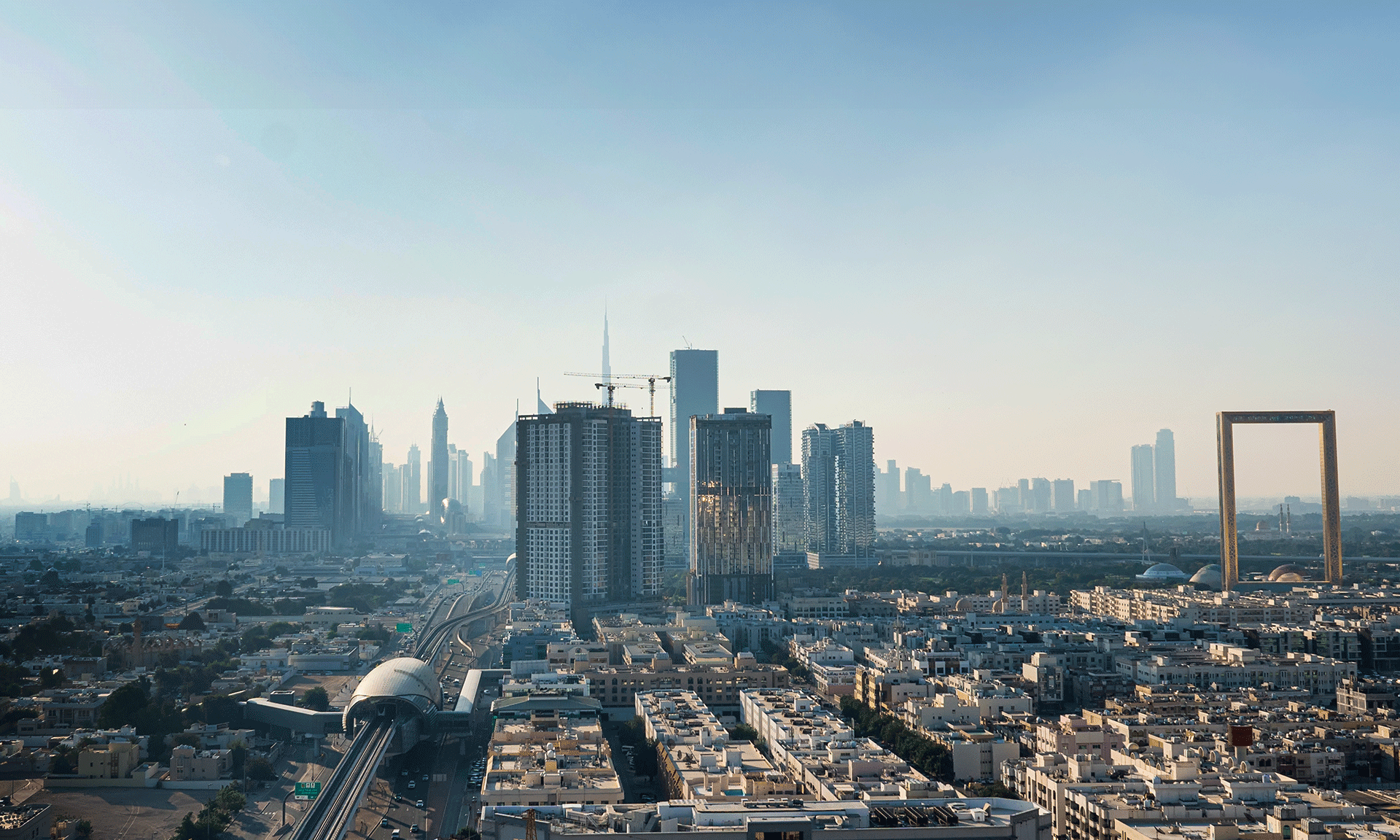
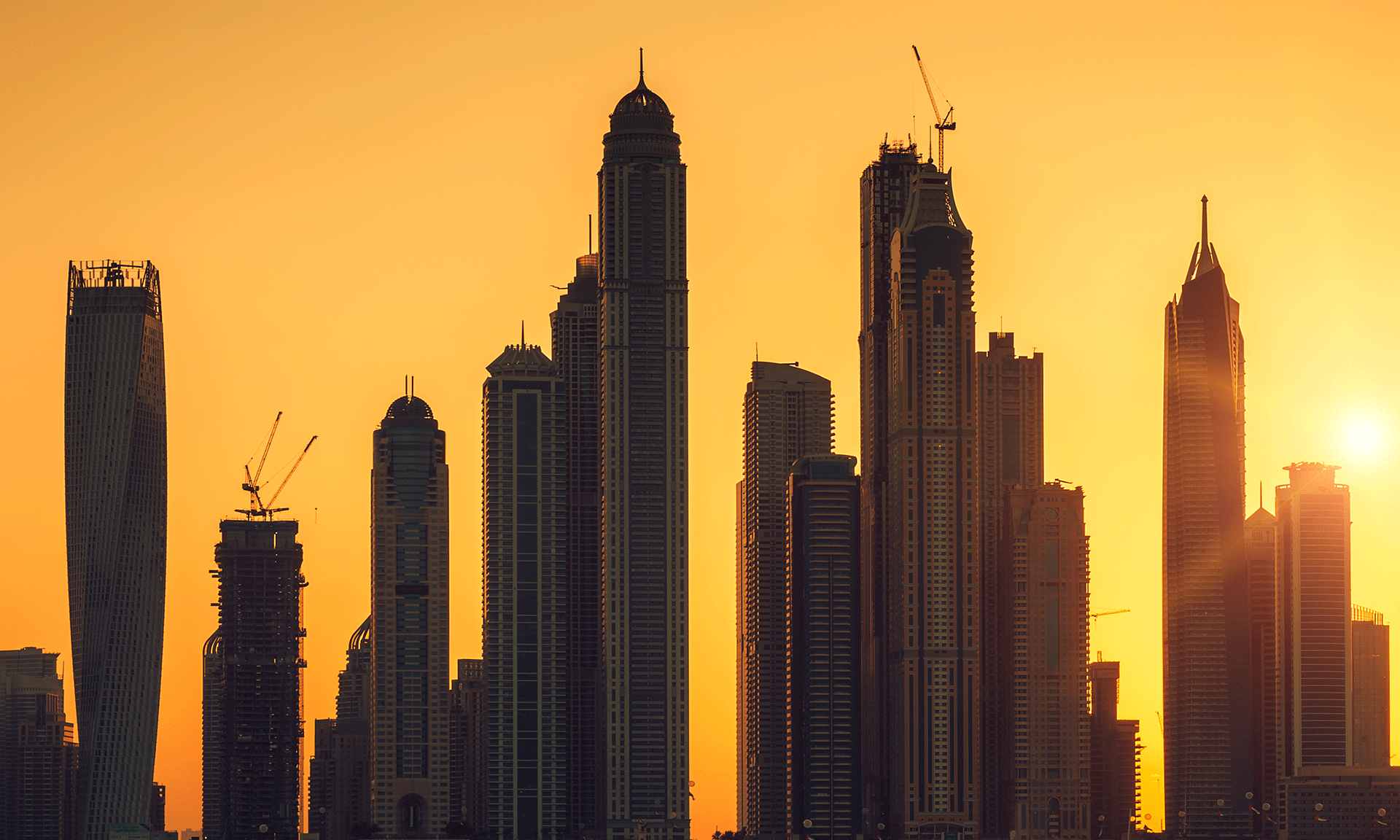

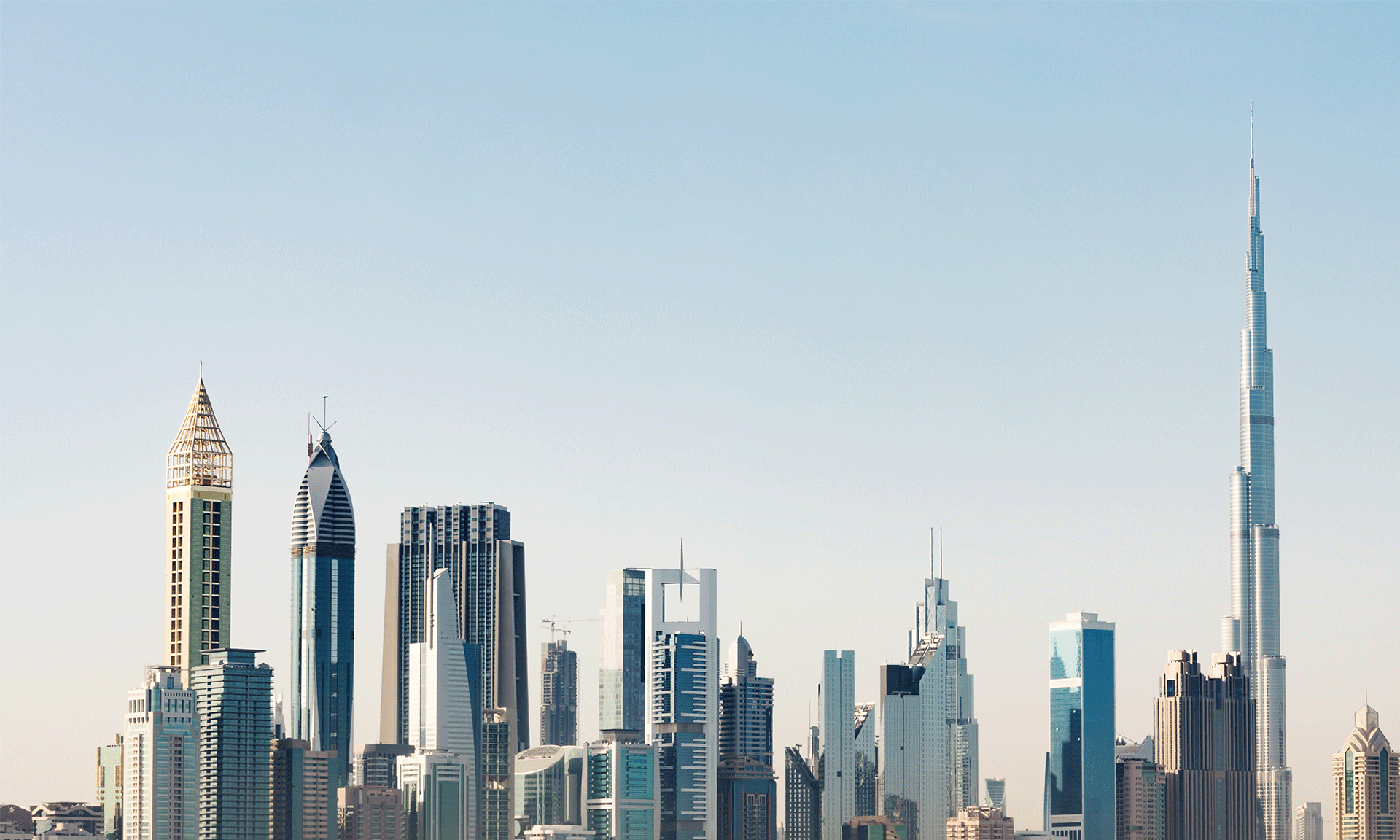

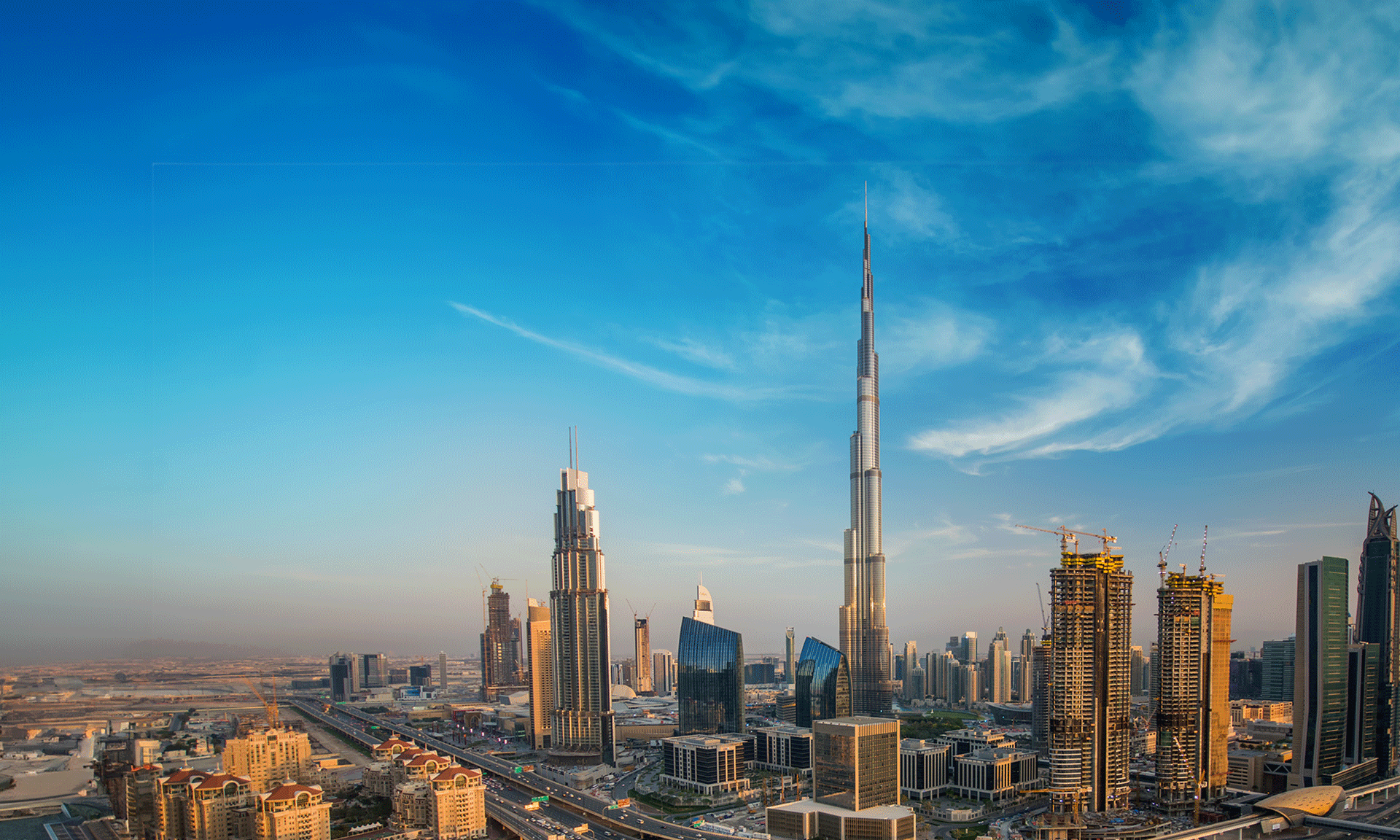


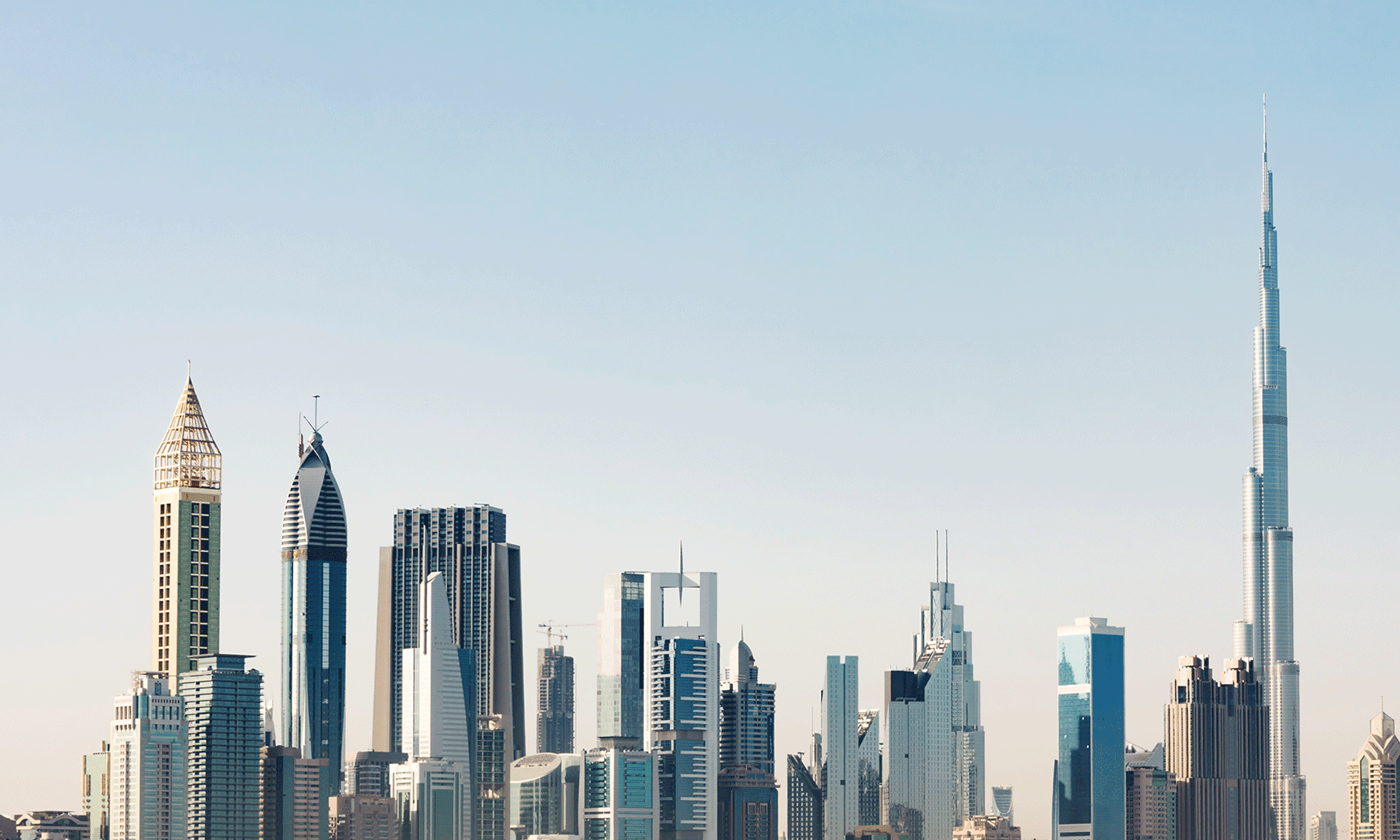
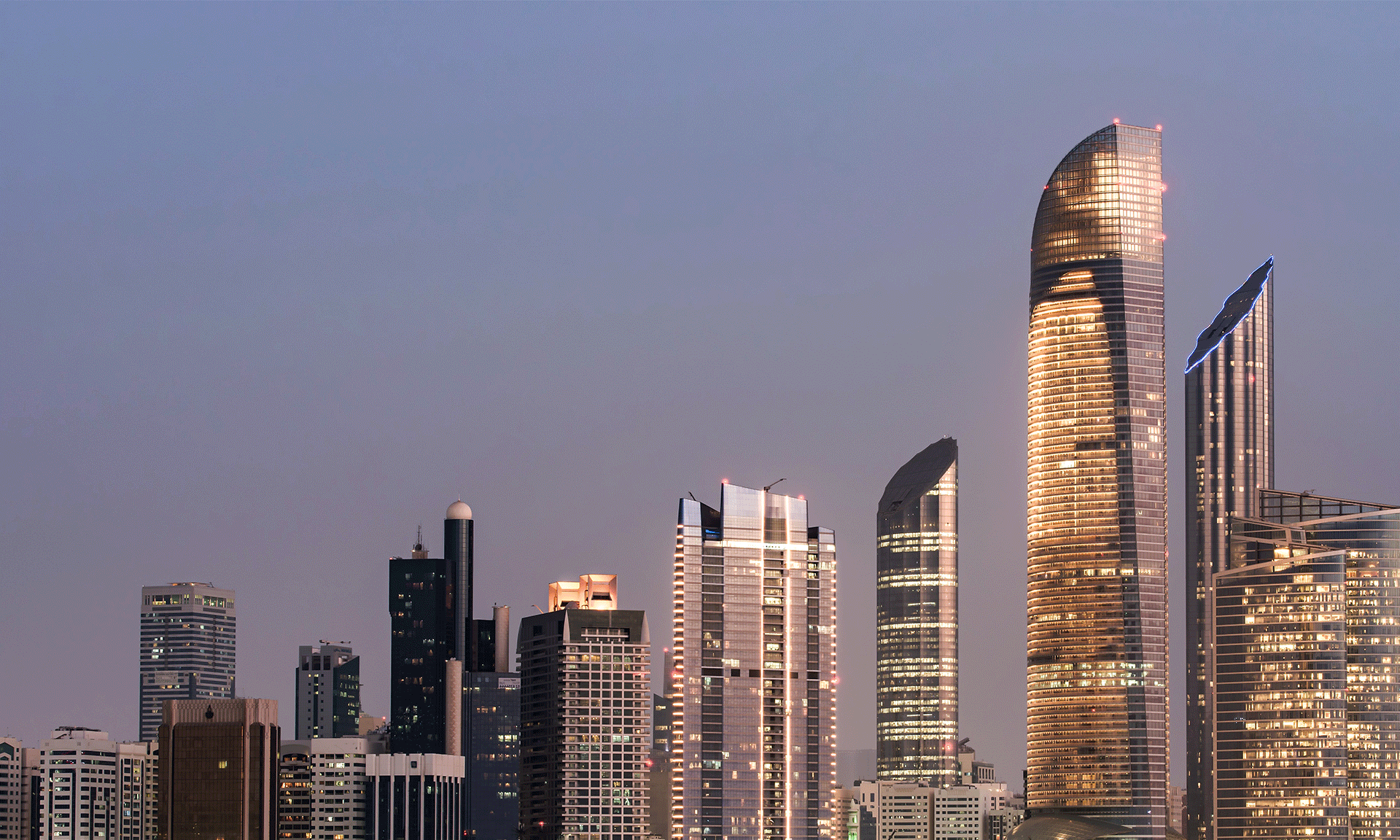



 IMC Group
IMC Group